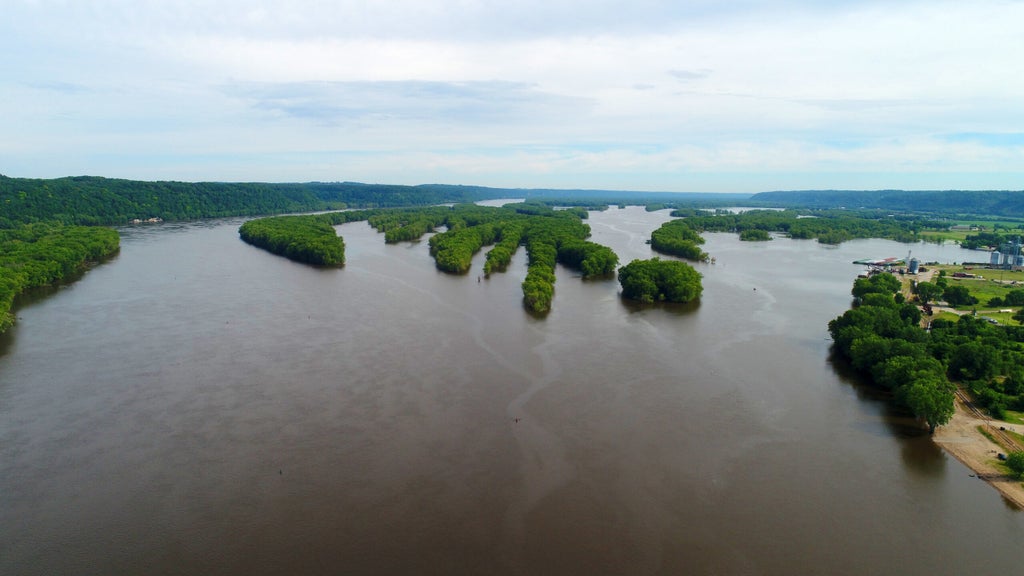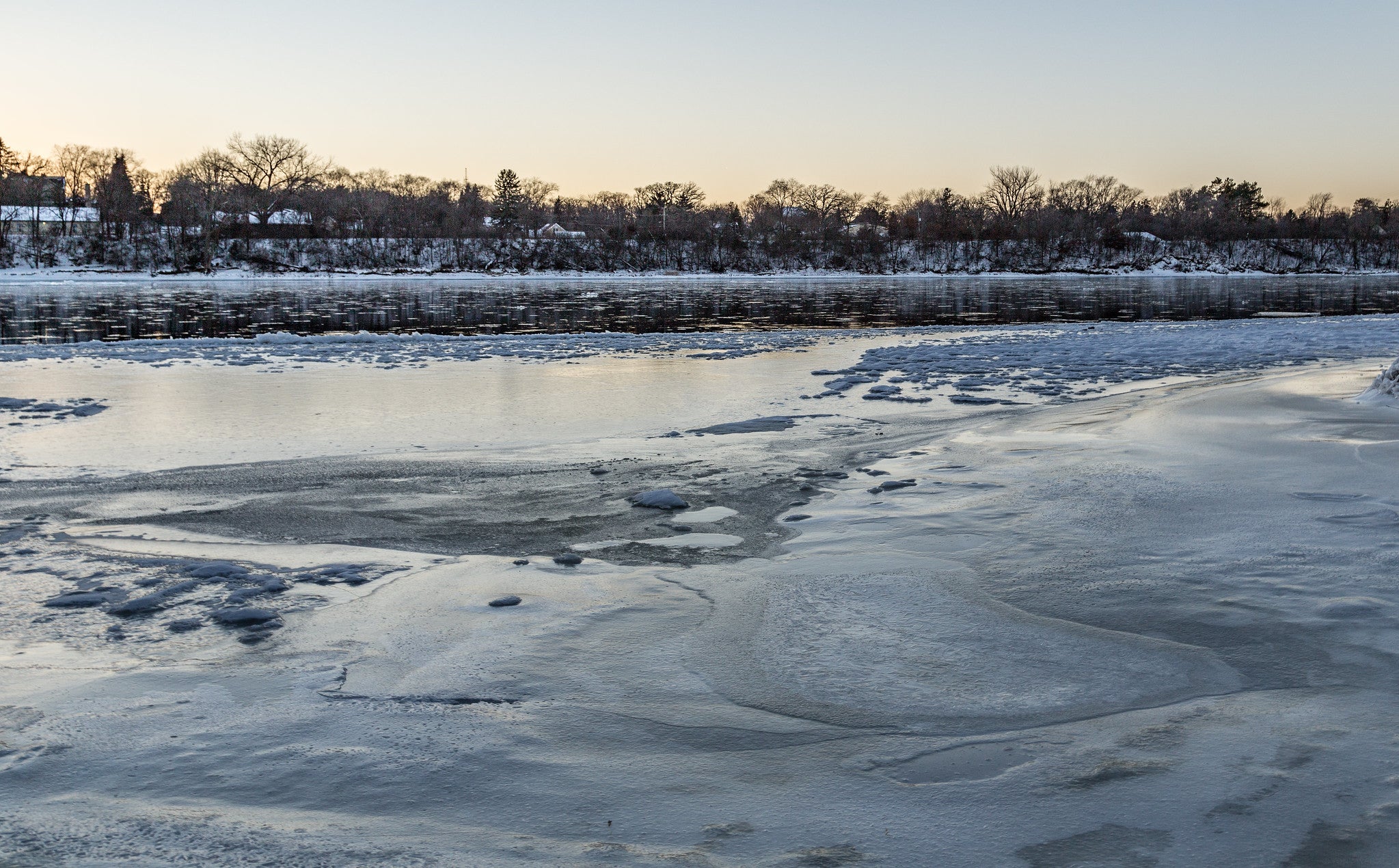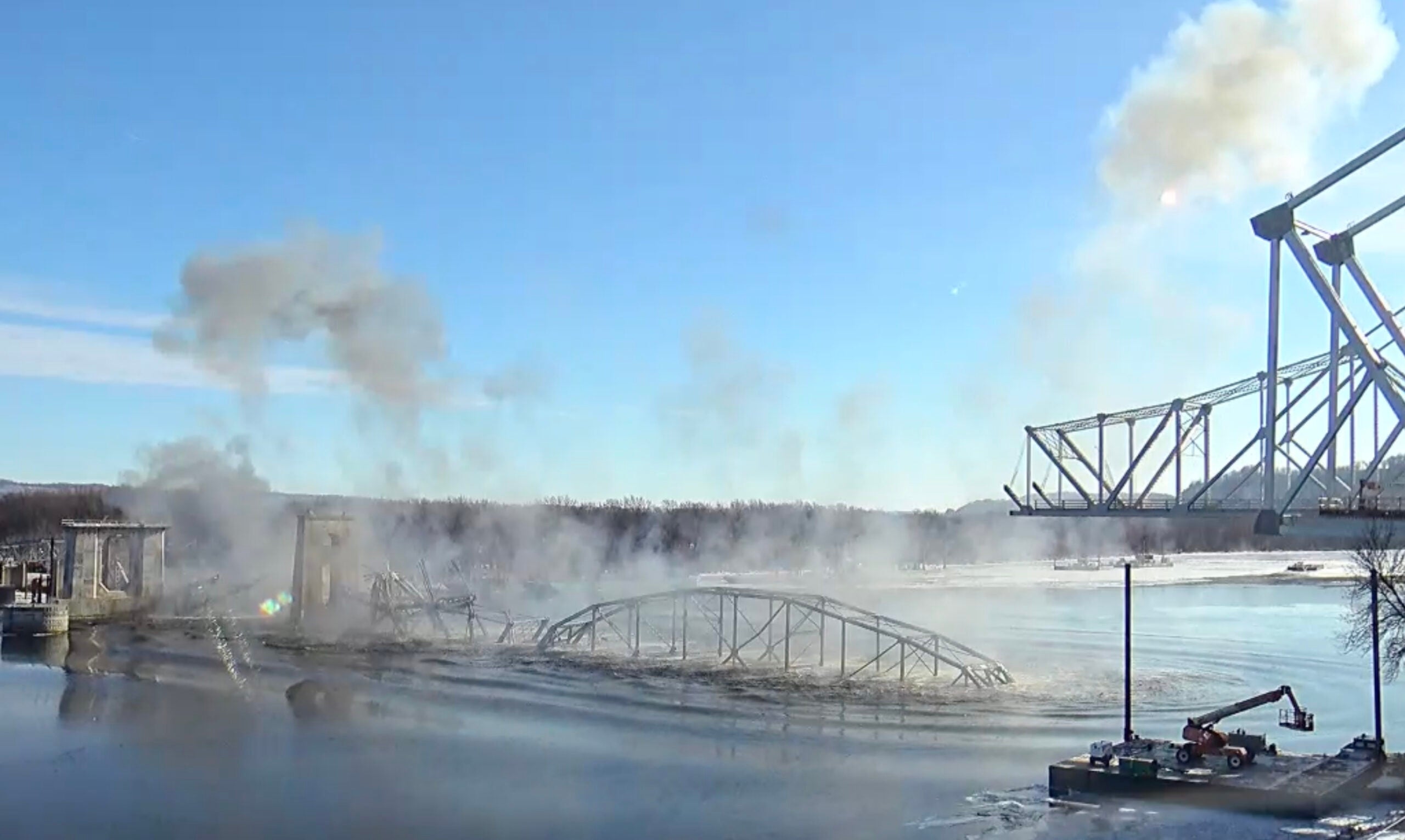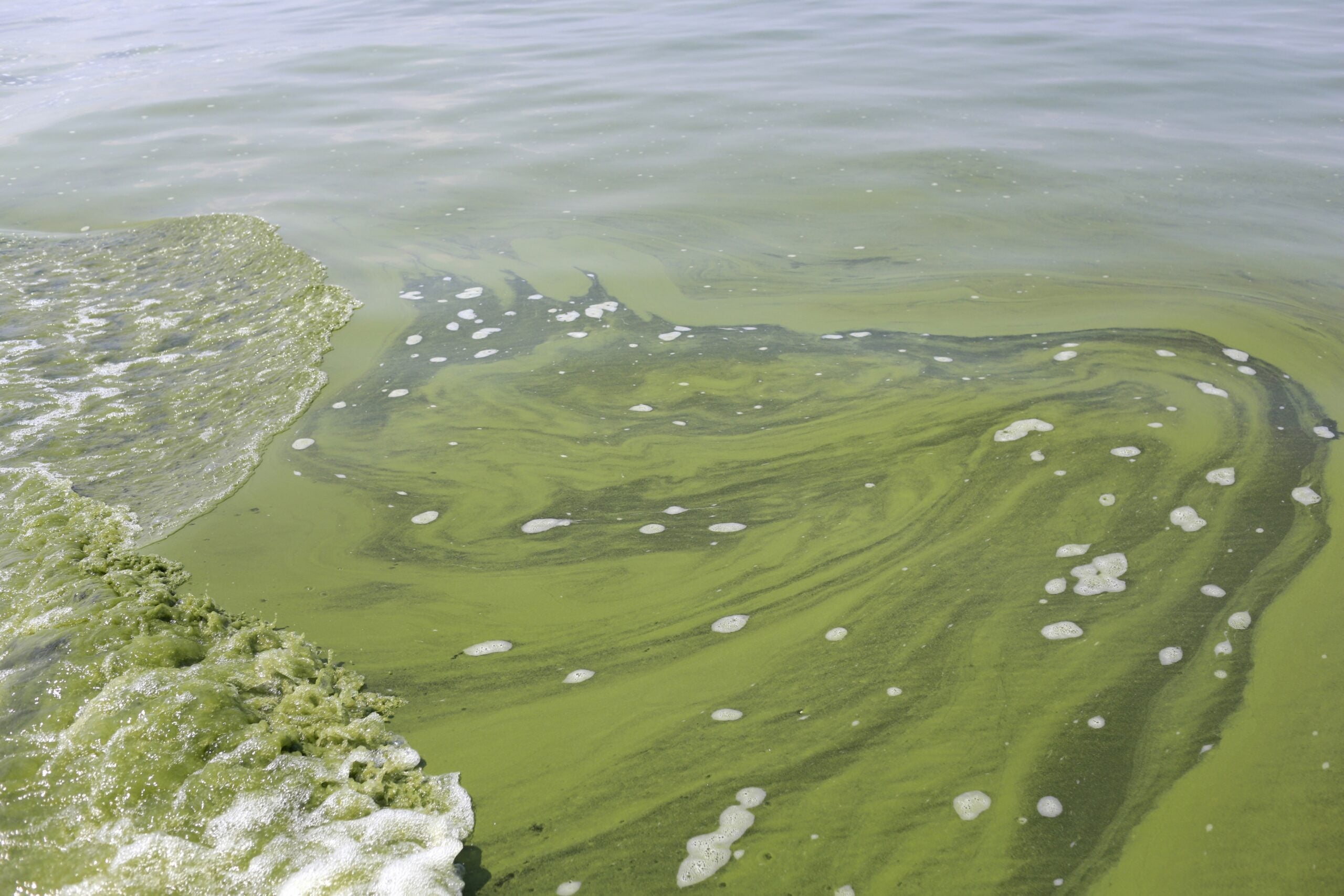Water quality on the upper Mississippi River has largely improved over the last 30 years, but action is needed to address different contaminants than those seen in previous decades.
That’s the takeaway from a new water quality report by the Upper Mississippi River Basin Association, or UMRBA, which represents Wisconsin and four other states.
The same report was first completed in 1989, when the river was largely polluted around urban areas, according to UMRBA’s executive director Kirsten Wallace.
News with a little more humanity
WPR’s “Wisconsin Today” newsletter keeps you connected to the state you love without feeling overwhelmed. No paywall. No agenda. No corporate filter.
She said this year’s version highlights the impact from years of work to reduce contamination from wastewater treatment plants, agricultural land and other sources throughout the river basin.
“We’re seeing declining trends in total (sediment and algae), metals and particles that attach to the sediment like phosphorus,” Wallace said. “So that all has been good.”
But Wallace said the monitoring data, collected from sites along the river between 1989 and 2018, shows there are some pollutants that have increased in the last three decades.
Levels of nitrogen, a nutrient that often comes from runoff of farm fields and other lands, have increased in the section of the river along Wisconsin.
Shawn Giblin, Mississippi River water quality specialist for the state Department of Natural Resources, said greater emphasis has been placed on preventing phosphorus pollution in previous years. That includes pulling the contaminant out at wastewater treatment plants and taking action to stop the erosion of soil, which can carry the phosphorus into the river.
“We did the work to develop standards for phosphorus, and we really haven’t got there yet for nitrogen,” Giblin said.

Chloride contamination represents new challenge
Giblin said nitrogen will be one of the biggest water quality challenges in coming years, along with chloride contamination coming from de-icing roads and sidewalks and from water softeners.
The report found chloride concentrations have increased by an average of 35 percent for many sampling sites on the river.
Wallace said there has been growing awareness about increasing chloride levels in recent years and more work is needed to educate the public about responsible salt use.
“One of the big challenges that is very understood is that chloride or salt is pretty cheap and no one wants to hurt people (by leaving ice),” she said. “For example, our day care is just covered in salt, but they don’t want to hurt kids or parents, and that’s a liability to them.”
Giblin said the DNR has started to take chloride contamination more seriously in recent years. The agency formed a chlorides work group in 2021 and Giblin said the recommendations released by the group are beginning to take hold as agency policy.
“A lot of the salt trucks are being replaced with brine trucks, to de-ice roads which is reducing salt,” he said. “It’s become a point of emphasis for the last couple of years and we’re starting to see real movement to bring it down.”
He said overall, UMRBA’s report affirms much of the research done by the state on water quality in the Mississippi and the greater river basin, which includes about two-thirds of Wisconsin.
Giblin said he would describe water quality on the river as “improving, with a ways to go.” But he said that doesn’t mean it’s unsafe.
“I don’t hesitate to take my family out there swimming, eating fish out of the river, too,” he said. “I think a lot of times the Mississippi is far cleaner than what the average person might think.”
Wisconsin Public Radio, © Copyright 2025, Board of Regents of the University of Wisconsin System and Wisconsin Educational Communications Board.







